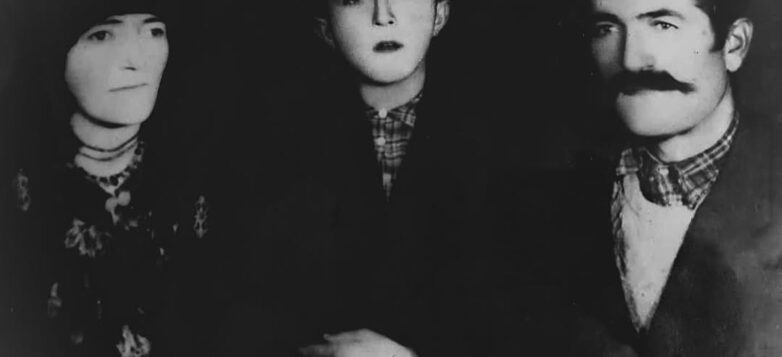The treatment was terrible. It was a very humiliating treatment. As you can imagine, let’s say, every time they brought lunch, after two-three minutes they would ask us to give back the portions [of food] we had. Or, this is not something bad to bring up. Even when they sent us to the bathrooms, three-four minutes, ‘Get out, get out, get out!’ Without… we were five-six people, seven in the room, et cetera, et cetera. […] It was terrible, it was difficult, it was, it was a kind of, a kind of extreme insult to our dignity I mean. However, I will say once more, fortunately we managed to preserve our dignity, we didn’t, we didn’t revolt in the sense of reacting without foreseeing the consequences. Each time we reacted by writing complaints and when… with hunger strikes. […] But solitary confinement sometimes is… they say, ‘Sometimes prison is not as difficult as the prisoners,’ because we, I mean since we didn’t get [proper] treatment, it means we had special treatment for the worse, but our status as political prisoners wasn’t recognized. That’s why they put us together with other prisoners, with other felons. I’m not talking about those convicted of murder, still they had a… but with thieves, with rapists, that was exceptionally difficult.
Binak Ulaj was born in 1944 in Vuthaj. He finished High Vocational School in Prizren and he studied Albanian Language and Literature at the University of Pristina. From 1969 to 1981, Mr. Ulaj was sentenced to prison three times due to his political activity. Meanwhile he got employed at the Social Agency for Disability Insurance of Kosovo and worked there until 1989 from where he was fired because of the violent measures by the Milošević regime. From 1996 to 2003, he was principal of the Xhevdet Doda Gymnasium in Pristina. Mr. Ulaj is head of the Association of the Former Political Prisoners in Yugoslavia. Currently, he lives with his family between Pristina and Vuthaj.
